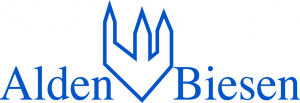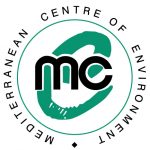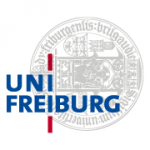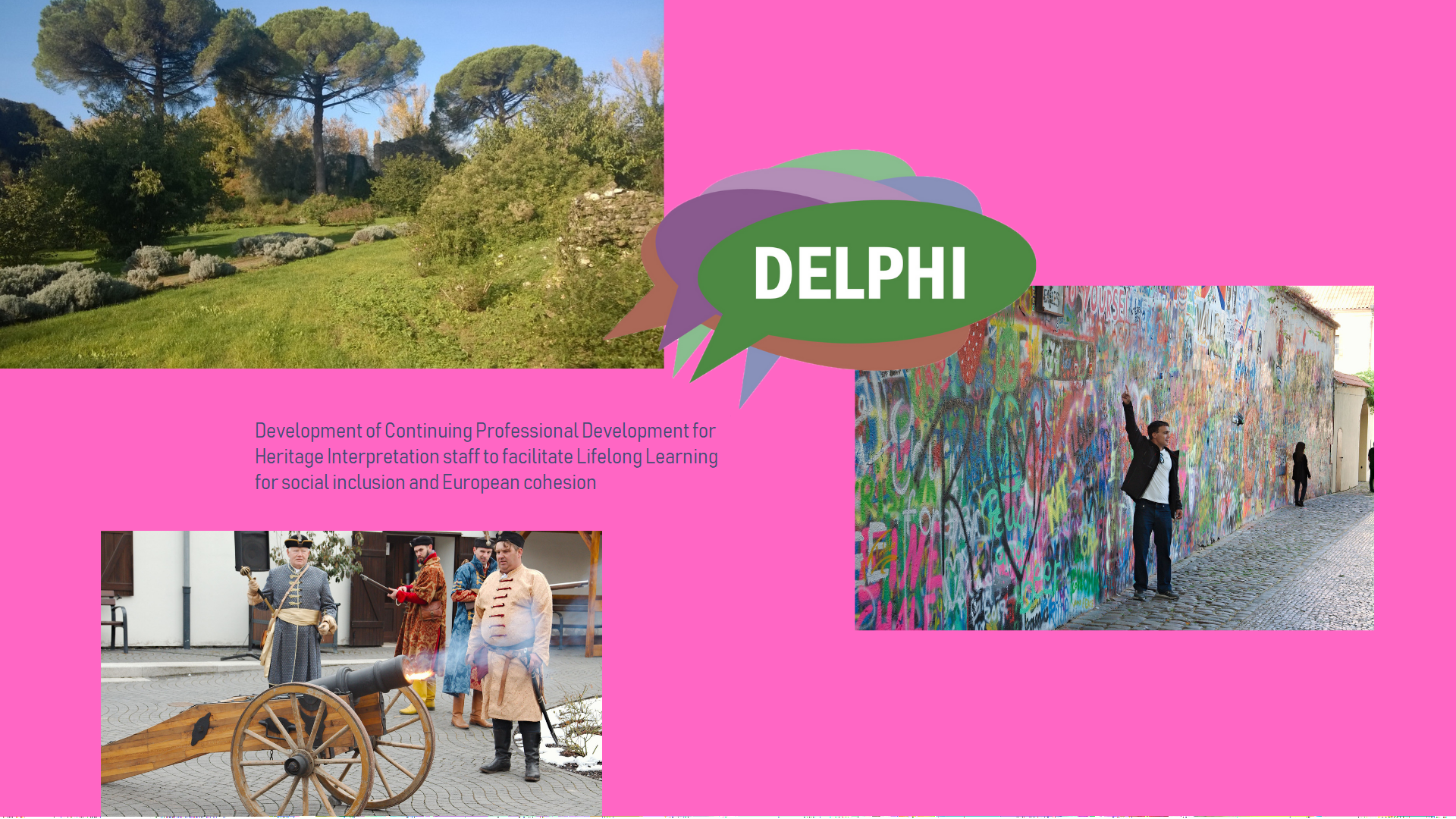The seven project participants bring a wealth of experience in the field of heritage education and related sectors:
- The project is coordinated by the German Institute for Adult Education in Bonn (D), which contributes its expertise in the field of professionalisation in adult education.

- Landcommanderij Alden Biesen near Liège (B) recently developed the BADGES project which validaties visitors’ non-formal learning at cultural heritage sites, developing learning paths as an app. Their previous experience also includes the development of a competence profile for heritage interpreters as part of the InHerit project.

- The Greek project partner The Mediterranean Center of Environment (MCE) developed a certificate course for heritage interpreters in the HeriQ project.

- The Blended Learning Institutions Cooperative (Blinc) has years of experience in creating learning platforms that enable learning, validation and documentation.

- The Associazione Culturale Imago Mundi Onlus (I) which started the “Monumenti Aperti” movement in Sardinia and has been successfully running this project for many years, brings their extensive experience of heritage sites and the training of interpreters to the project.

- The ‘Heritage Interpretation’ working group at the Albert-Ludwigs-University Freiburg (D) worked toether with experts in the project HIMIS to train teachers and learners to develop values based on cultural heritage.

- The Centre for Applied Archeology (CAA) at University College London (UK) was the first institution to develop modules for heritage interpreters at university level.

